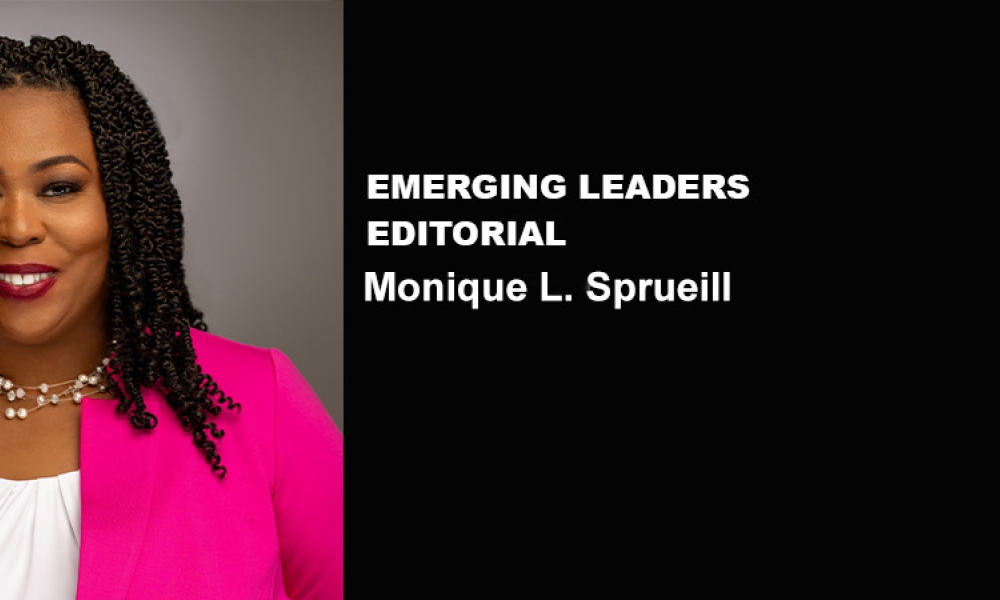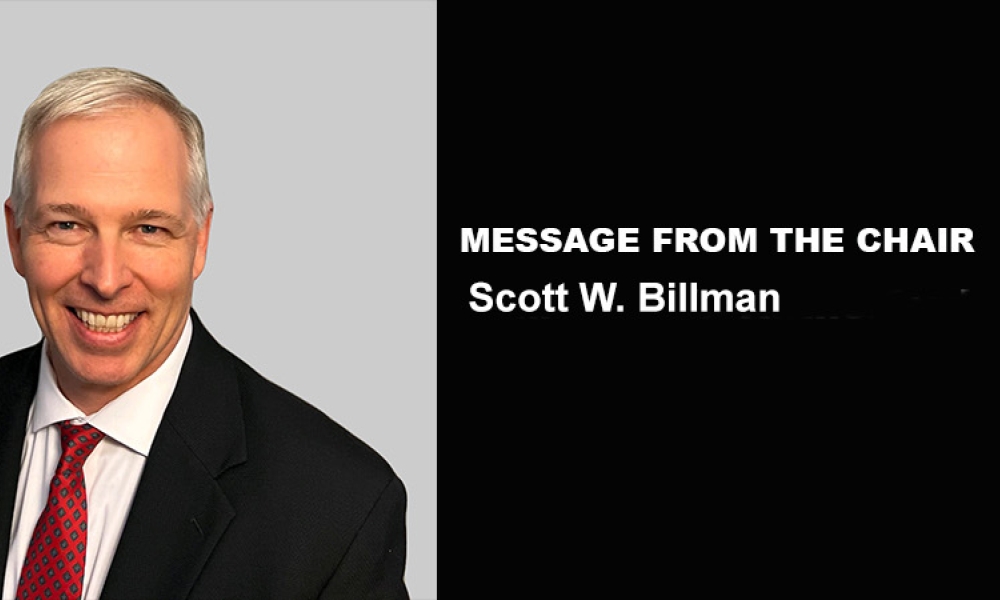In comes the art of managing expectations. While I am still working on this daily and pushing myself to make it a practice, I wish I would have started this so much earlier in my career. I hope the tips below can help you too. I plan to start a discussion thread on the Young Professional Community of Practice board and I hope to hear more about how others manage expectations. I will also be discussing the ways that I have struggled with some of these myself and how I grew from it.
Action Steps
1. Honesty. This seems like an obvious step but, in reality, it can be hard to be honest with yourself and others about what you or they can really achieve. This also goes the other way, as you need to ensure that you have rapport that allows someone to be honest with you without getting upset with what they have to say.
2. Transparency. To me, this is not the same as honesty, but transparency and honesty are strongly linked. Being transparent is giving someone all the facts they need to see the situation.
3. Accountability. I realize that earlier I described how hard I was on myself, but you still need to hold yourself and others accountable when something does not meet expectations. This is not to say that one should be punished or scolded; rather, take the opportunity to see where things could have gone better and learn from the experience.
4. Failure. Go ahead and accept it—failure is part of growth. It has taken me years to embrace that failing is not the end of the world and that it is just an opportunity for me to learn. In many cases where I have failed, I have made amazing strides afterward.
5. Never assume anything. This should go unsaid, but we all do it all the time. It takes such a small amount of time and effort to ask a question for clarification. For some, this is outside of your comfort zone, as you might be worried that your question is “silly,” but this goes back to having an open rapport with yourself and those around you.
6. Communicate, communicate, communicate. This might be my last tip, but it is really the biggest part of expectations. If you don’t communicate, then you can’t be upset or disappointed when your expectations are not met. This includes updates on expectations, where you might see a potential issue in meeting something, or even when you have had a failure.
Just remember that expectations are not a one-way street. Sit down with those from whom you are expecting something, or those who have expectations of you, and talk about them.
It takes such a small amount of time and e ort to ask a question for clarification.




